Music
The Universal Language: Music Connects Souls and Minds
Eswar Jabba
2 min read


The Profound Connection of Music to the Universe
Music is often described as a universal language, a form of expression that transcends cultural and linguistic barriers. It's a force that can bring people together, creating a shared experience that feels almost magical. This isn’t just a poetic notion; there is scientific backing to the idea that music connects us on a deeper level. Sound frequencies, for instance, have a remarkable impact on our physical and emotional states, linking us to the world and each other in extraordinary ways.
Ever wondered why a catchy tune makes you tap your foot or why a powerful drum beat compels you to dance? The answer lies in the way our brains process rhythm and sound. Studies have shown that music stimulates the motor cortex, the part of the brain responsible for coordinating movement. This is why music and dance often go hand-in-hand. Additionally, certain frequencies can sync with our brainwaves, helping to regulate our body's natural rhythms and even improve motor coordination.
The Healing Power of Music
Music’s ability to heal the mind is well-documented. Therapeutic practices like music therapy leverage sound frequencies to alleviate mental health issues such as anxiety, depression, and PTSD. For instance, a study conducted by the American Music Therapy Association found that patients with PTSD showed significant improvement when treated with music therapy. The frequencies in music can trigger the release of endorphins, the brain’s natural painkillers, providing both emotional and physical relief.
A notable example of music’s healing power can be seen in the case of Gabby Giffords, a former U.S. congresswoman who survived an assassination attempt. After the incident, Giffords lost her ability to speak, but through music therapy, she regained her speech by singing words before speaking them. This method tapped into the brain’s ability to use music as a pathway to create new neural connections, illustrating music’s profound impact on cognitive recovery.
Another compelling example is the work of Dr. Masaru Emoto, who studied the impact of sound frequencies on water molecules. His research revealed that water exposed to harmonious music formed beautiful, symmetrical patterns, while water exposed to discordant music formed chaotic, irregular shapes. Given that our bodies are composed of approximately 60% water, this research suggests that harmonious music can have a positive impact on our physical health as well.
In essence, music has the power to connect souls, move bodies, and heal minds. Its impact on the universe and the world within us is both profound and scientifically validated. Whether it’s through the rhythmic beats that get us moving, the therapeutic melodies that calm our minds, or the harmonious frequencies that synchronize with our very being, music is indeed a boon that holds the potential to heal the world. So next time you listen to your favorite song, remember—it’s more than just a tune; it’s a universal force that connects and heals us all.
